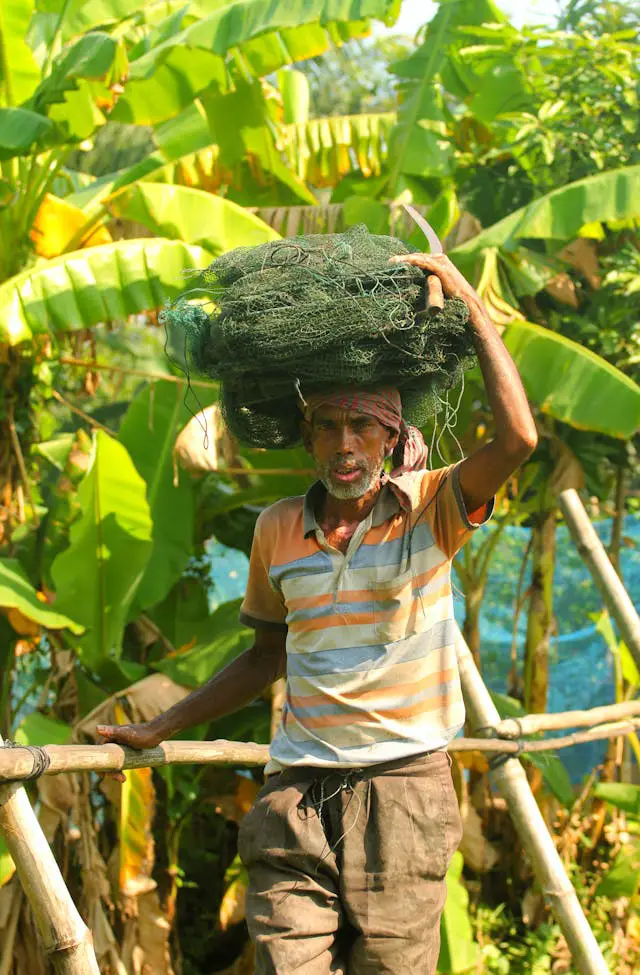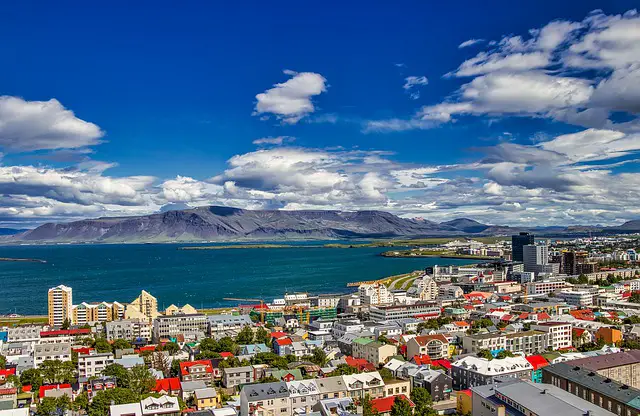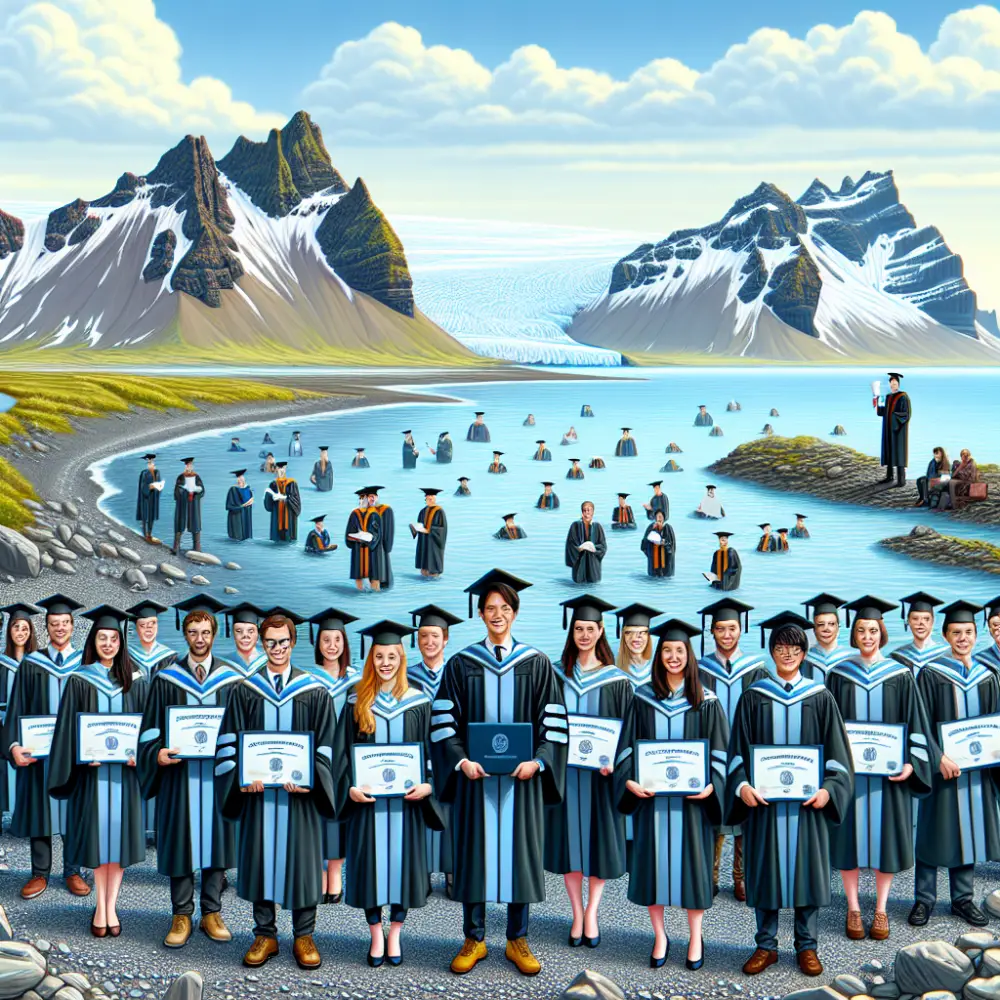Scholarship details
Introduction to the Iceland Fellowship
In 2025, the $2,000 International Fisheries Management Fellowship will shine a bright light on an important but often overlooked field: fisheries management. This prestigious fellowship aims to attract scholars from around the world, including African students, who have a keen interest in managing global aquatic resources sustainably. Hosted in the strikingly beautiful country of Iceland, this fellowship provides a unique opportunity to explore innovative solutions to fisheries management challenges while experiencing the rich cultural tapestry of Icelandic life.
Host Organization: An Overview
The International Fisheries Management Fellowship is spearheaded by the Icelandic Institute of Marine Research (IMR), a renowned organization deeply committed to marine sustainability. Operating for decades, IMR is a pioneer in oceanographic and fisheries research, known for fostering collaborations across various international boundaries. By hosting this fellowship, IMR actively encourages young minds to delve into marine sciences, aiming to innovate and enhance sustainable fishing practices globally.
In addition to offering cutting-edge research facilities and expert mentorship, IMR prides itself on nurturing an inclusive atmosphere. Participants will join a vibrant community of like-minded scholars who share a passion for marine science and a drive to contribute positively to global conservation efforts.
Insights into Iceland: A Host Country Like No Other
Iceland is more than just a backdrop for this fellowship; it’s a place where nature and people coalesce in harmony. Known for its dramatic volcanic landscapes, lava fields, geysers, glaciers, and hot springs, Iceland offers more than just visual splendor. The nation’s environmental consciousness is deeply embedded in its culture, making it a compelling location for studying fisheries management.
The ocean is an integral part of Icelandic life, both culturally and economically. With a fishing industry rooted in tradition and sustainability, Iceland provides an ideal setting for students to learn about the complexities associated with preserving marine biodiversity. Moreover, the country’s commitment to renewable energy sources, primarily geothermal and hydroelectric power, further underscores Iceland’s dedication to sustainable practices—a value it strives to instill in fellowship participants.
Unique Opportunities with the Fellowship
The Fellowship goes beyond just an academic experience. It immerses students in Iceland’s unique ecological mindset while providing pathways to diverse career opportunities. As part of the program, fellows will engage in hands-on fieldwork alongside leading scientists, resulting in invaluable practical experience.
Being in Iceland also means more than just work. Fellows will have access to cultural workshops, language lessons, and guided tours, enriching their experience beyond academia. The social aspect of the fellowship allows students to form lasting international friendships, enhancing their global perspective.
Connecting Global Scholarship Opportunities
This Icelandic fellowship forms part of a broader trend in enhancing international educational experiences. For instance, opportunities such as the Biomedical Breakthrough Award in the UK 2024 with a £6,500 Prize point to the growing appreciation for cross-disciplinary innovation and collaboration. Similarly, initiatives like Undergraduate Tuition Fee Coverage for AUK Academic Scholarships in Kuwait encourage students worldwide to broaden their academic and cultural horizons.
These avenues for learning reflect a global shift towards embracing diversity and fostering global citizenship. They recognize the interconnectedness of today’s challenges, from health innovations in the UK to academic endeavors in Kuwait, providing students from varied backgrounds—including those from Africa—equal access to transformative educational experiences.
Impacts on African Students
For African students, the fellowship in Iceland represents a unique opportunity to study in a nation synonymous with environmental stewardship, often unavailable in their home countries. This exposure can empower them to bring valuable insights back to their local communities, contributing to sustainable fisheries management on the African continent—where the balance between utilization and conservation is often precarious.
By participating in such international fellowships, African scholars stand to contribute profoundly to both local and global efforts in environmental management and conservation. Additionally, their diverse perspectives enrich the program, fostering mutual learning and understanding among the participants.
Conclusion: A Fusion of Knowledge and Culture
The $2,000 International Fisheries Management Fellowship in Iceland is far more than an academic program. It is a gateway to global networks, cultural exchange, and professional growth that promises to equip scholars with the tools necessary to tackle pressing ecological challenges.
Whether it’s delving into the specifics of advanced marine research techniques, exploring the cultural wealth of Iceland, or bridging knowledge with opportunities like the Biomedical Breakthrough Award in the UK 2024 or the AUK academic scholarships covering undergraduate tuition fees in Kuwait, this fellowship promises an enriching journey. It embodies the spirit of international collaboration, situating Iceland as the perfect host for this life-changing educational endeavor.






















I am Vincent W. Karfah from Liberia, West Africa. W am really interested in the aquaculture fellowship opportunity.
To find aquaculture fellowship opportunities, you can start by visiting platforms like Pick A Scholarship, which lists various scholarships and fellowships worldwide. Here are some general steps you might consider:
Research Specific Programs: Look for programs that focus on aquaculture or related fields such as marine biology, fisheries, or environmental science.
Identify Eligibility Criteria: Check the eligibility requirements for each fellowship to ensure you meet the necessary qualifications, such as education background or area of study.
Prepare Your Application: Gather required documents, which may include academic transcripts, letters of recommendation, a personal statement, and a research proposal.
Network with Professionals: Connect with professionals in the field of aquaculture for potential mentorship and advice on your application.
Apply Early: Submit your application before the deadline to increase your chances of being considered.
Check Regularly for Updates: Continuously check scholarship portals and organizations that offer fellowships for any new listings or announcements.
By taking these steps, you can efficiently navigate your search for aquaculture fellowship opportunities and enhance your chances of success.